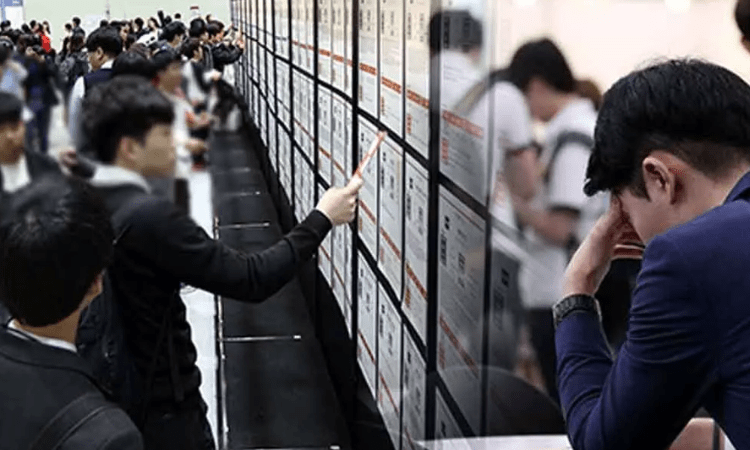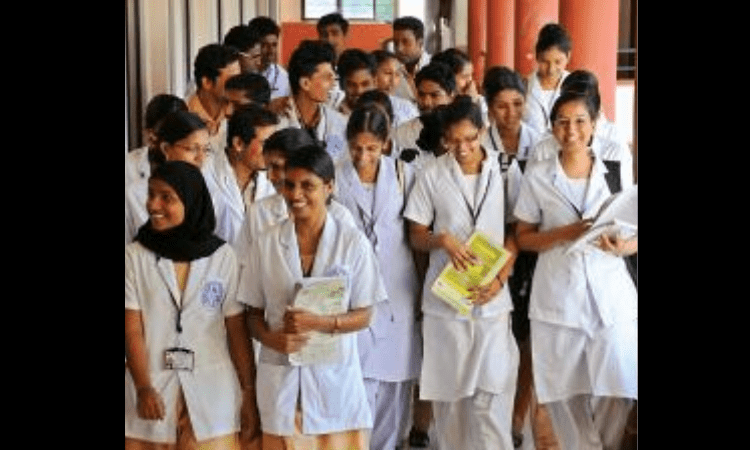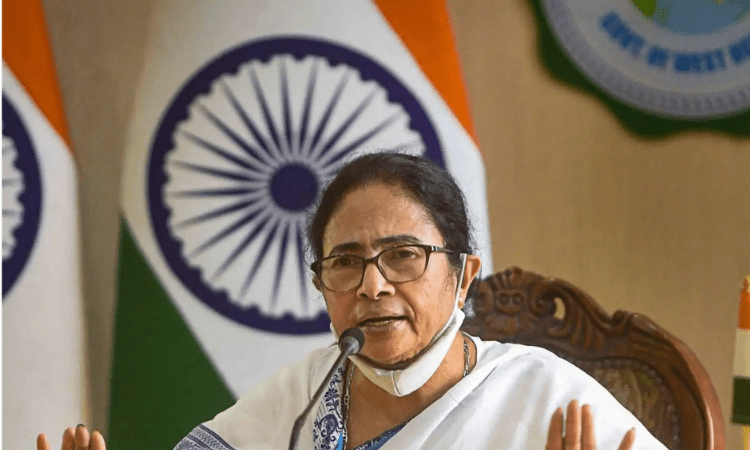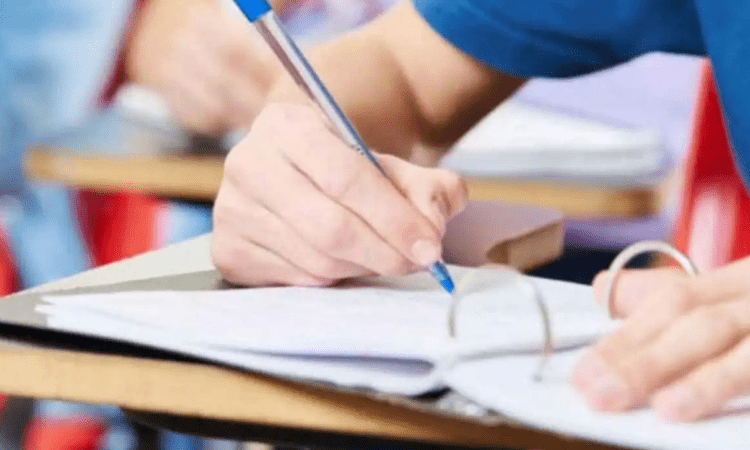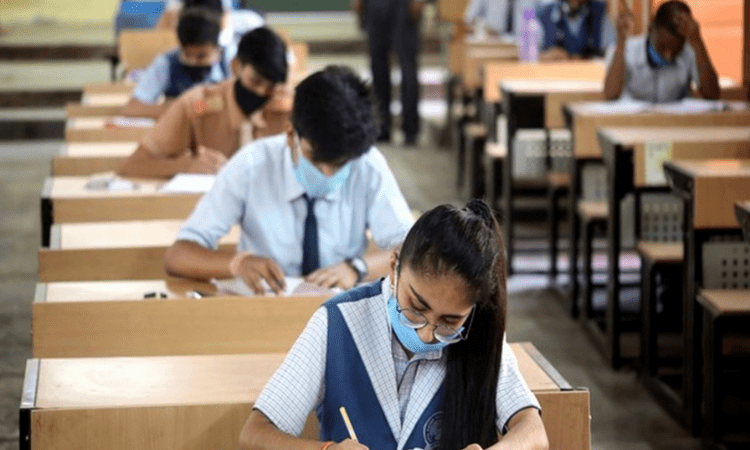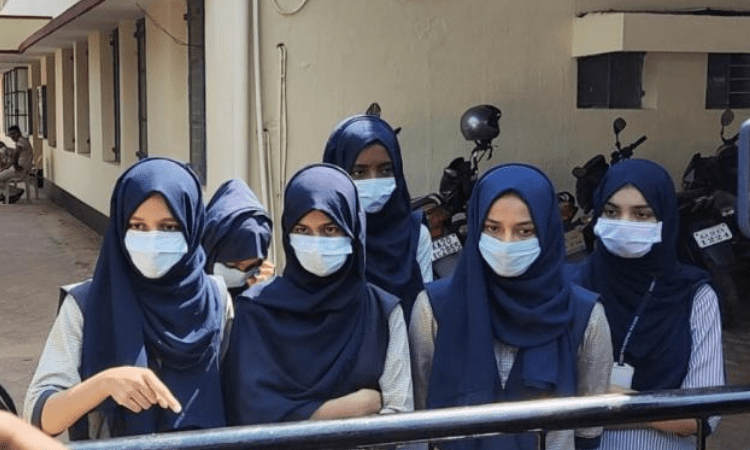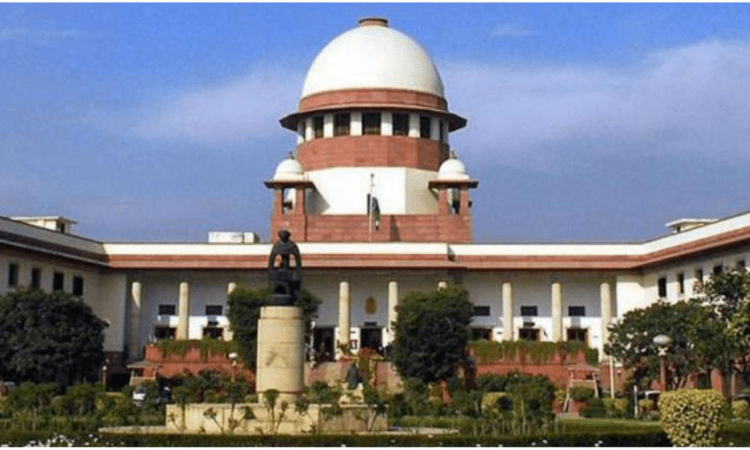True education is far beyond imbibing theoretical knowledge or learning new concepts. Parents today want holistic education for their children, which includes the joy of learning, attaining life skills, developing an inquisitive mindset, discovery perspective, and innovative thinking. To equip their children with these qualities, parents are keen on sending their children to progressive educational institutions, which help them identify their strengths and ways of overcoming their weaknesses.
Pathways Education 2.0 is one such premium institute, which can be called a ‘house of learning as it helps students grow academically while parallelly helping them in reaching their true potential in sports, public speaking, music, arts, leadership, and design thinking. From an early age, the school encourages students to adopt an entrepreneurial mindset while holding a sense of adventure and developing leadership qualities that contribute to the overall growth of society. The schools’ curriculum design and offerings set it aside from the other regular boarding schools of the country. Being the first International Baccalaureate (IB) Continuum School in North India and the first residential school in the region to follow the IB curriculum, Pathways 2.0 is truly a one-of-a-kind boarding school that ensures a child’s holistic growth and development.
With a total strength of 1400 students belonging to 40 different nationalities, the school offers a perfect platform for indirect global exposure alongside myriad opportunities of learning from each other and growing together. With each classroom having an average strength of 15-20 students, all the children get maximum attention, despite the huge strength of the entire school. With this, it becomes convenient for the teachers to evaluate and mentor students as per their strengths and weaknesses. To ensure the holistic development of a child, Pathways provides multiple platforms to hone their academic and interpersonal skills such as empathy and active listening.
Pathways have successfully imbibed the Gross Student Happiness philosophy from Bhutan. The concept is new for any school as it evaluates how safe and loved a student is feeling within the premises and the boarding environment.
At Pathways, students are allowed to explore a sport of their interest. The range of sports facilities given at the school not only helps students in staying active and mentally alert but also helps them in developing life skills such as gamesmanship, team spirit, and a sense of building self-worth. One of the school’s key attractions is its elaborate sports infrastructure that includes an Olympic-sized Soccer field, Half Olympic-sized all-weather swimming pool, Glass Squash Courts, Multi-utility Gymnasium, Aerobics & Gymnastics, Horse Riding, Golf area, they even have Mini Basketball & Tennis Courts for kindergarten kids.
Apart from sports, Pathways focuses on developing creativity among students as it helps them in problem-solving, gaining perspective, purpose, and satisfaction in life. Unlike traditional schools, Pathways equally emphasizes arts for having a huge significance in daily activities. Students can explore their creative side while learning and experimenting in theatre, visual and digital art, and music labs. The emphasis on creativity can easily be assessed by the aesthetic values of the school, which is adorned with student masterpieces, ceiling to floor.
To help students develop various competencies required to ace in the 21st century, Pathways provides them multiple opportunities such as participation in the Model UN or StartUp Challenges. The school takes pride in nurturing and preparing students for various competitions and has won accolades at the World Scholars Cup competitions or IB Student Conferences around the globe. The school organizes assemblies and competitive events to encourage excellence in spoken word poetry, design challenges, and robotics. Apart from these, drama, music, and dance are a part of the regular curriculum.
Pathways organize camps, expeditions, and international exchanges to expose students to a wide range of cultural, educational, and linguistic diversities during their stay in camps and international visits. These camps and expeditions make students more sensitive towards biodiversity and natural resources available on the earth. To inculcate practical learning, Pathways shares research projects with students where they can implement various concepts learned in science, economics, history, and environmental issues. At Pathways, students are motivated to take initiatives through which they often display their capabilities by making small-level but effective changes. For instance, a Pathways student formed a team and cleaned a garbage field near his house to grow veggies, which are free to be consumed by passers by.
Pathways also have several ‘interact clubs’ that enable students to develop leadership skills and personal integrity. The separate leadership council helps students democratize their thoughts and provides an avenue for identifying a variety of issues affecting them while suggesting innovative, yet implementable solutions.
Unlike traditional boarding schools, Pathways provides flexible boarding options, which help students stay connected with their families. The school has replaced strict wardens with ‘residence parents’ who are available all the time and cater to all student needs.


